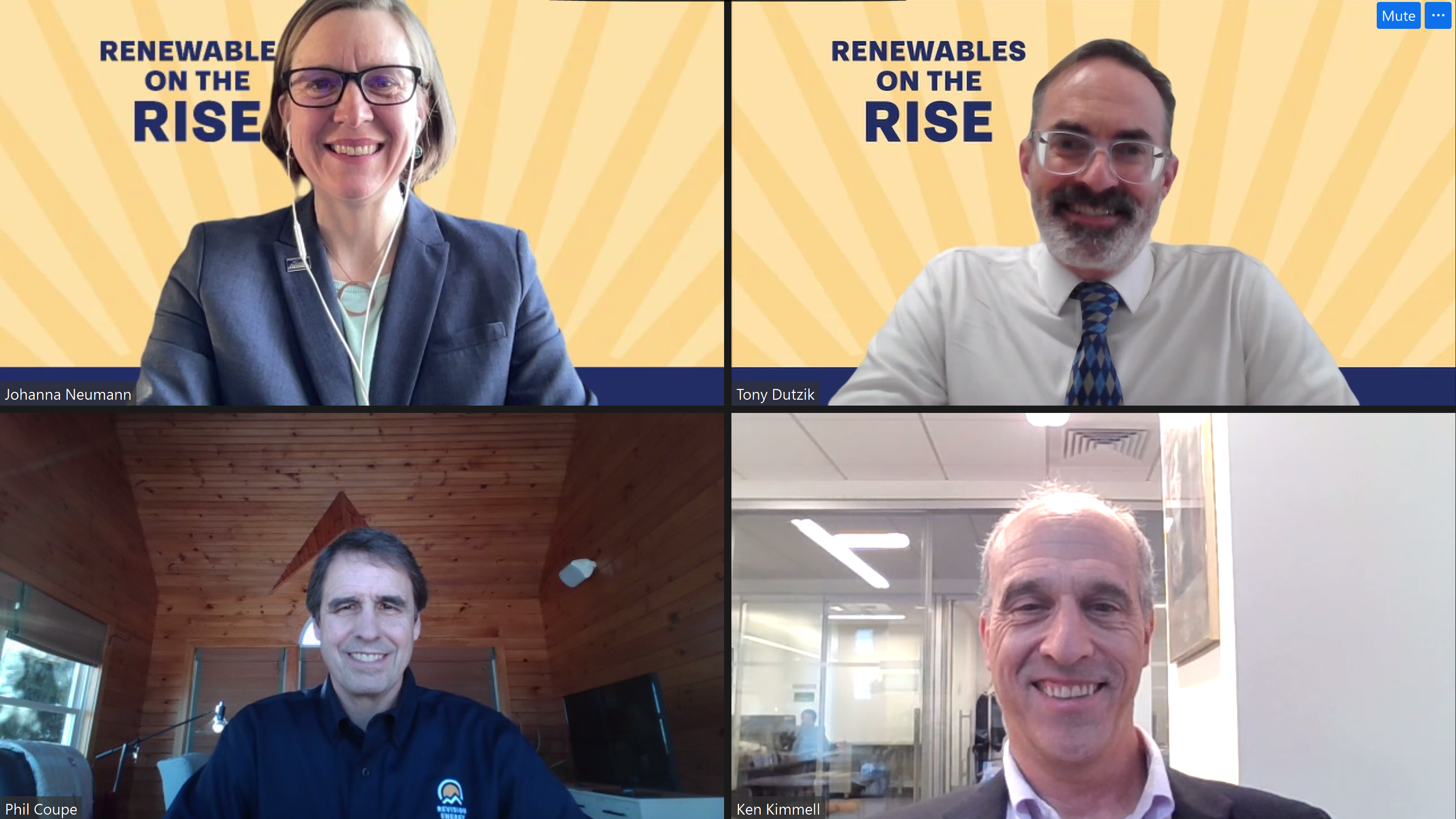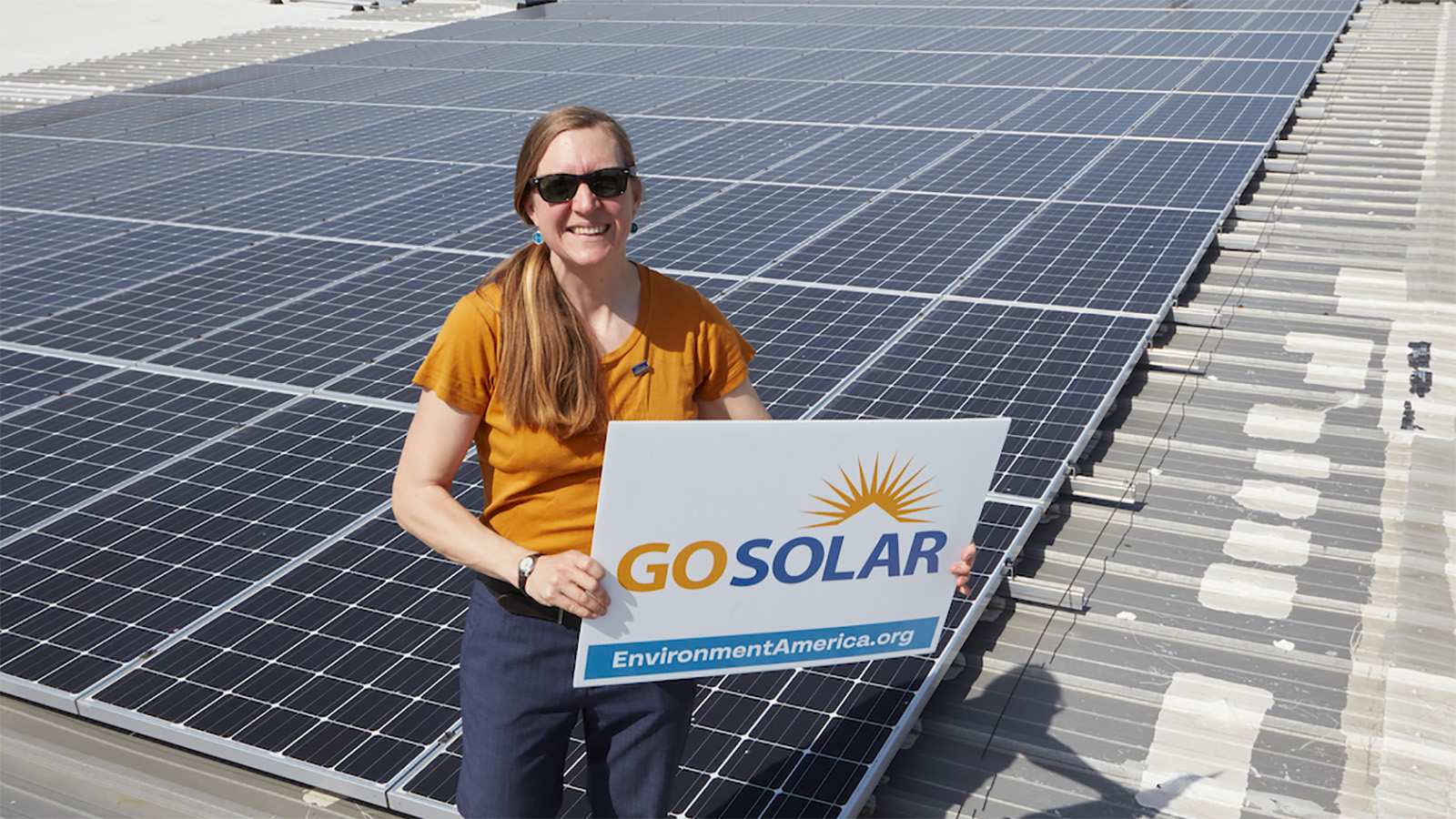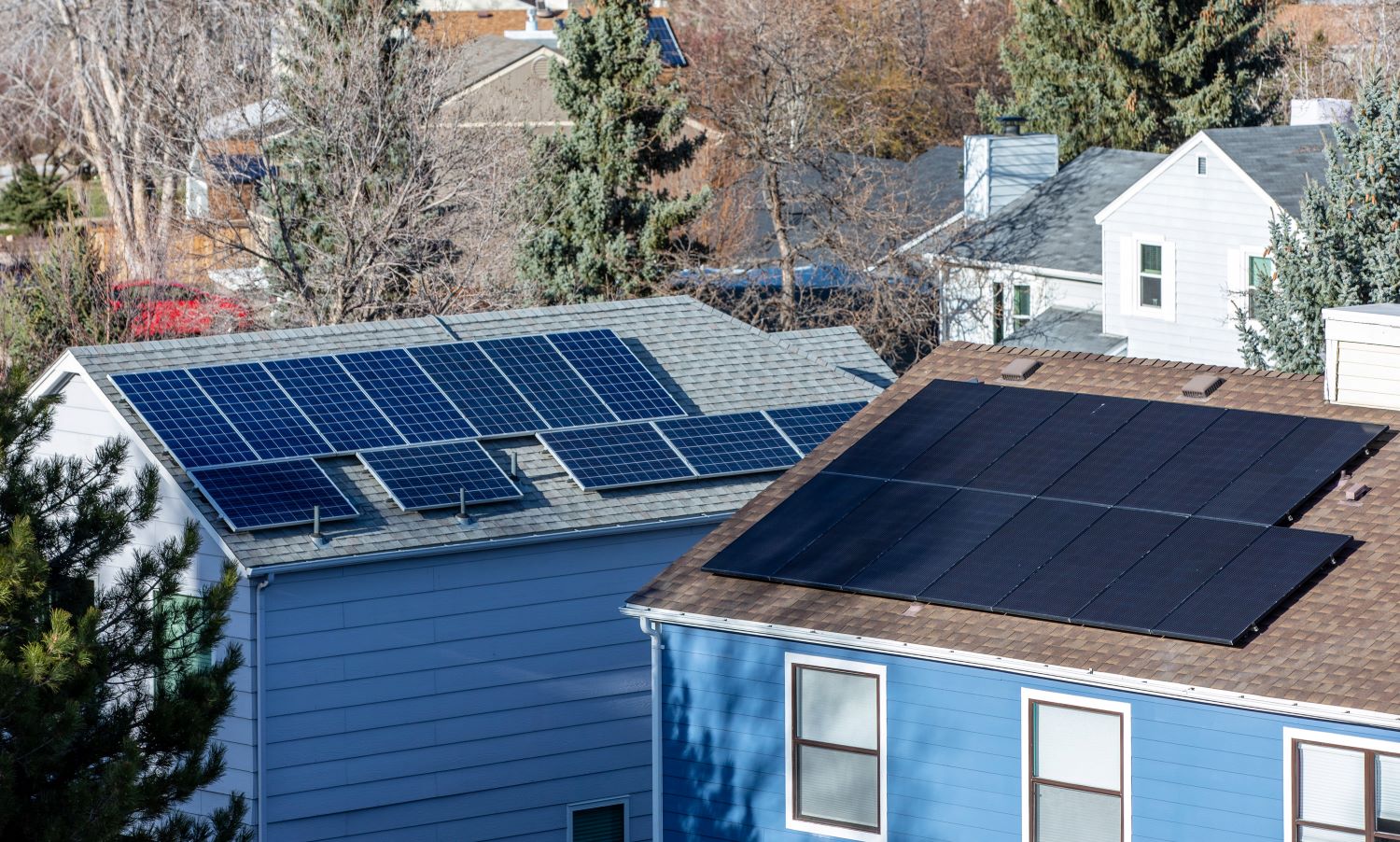A tool for saving energy as a renter
Appliance standards can help save the planet and our pocketbooks

A few things happened recently that really got me thinking about the energy policies that impact me as a renter. First, my utility raised our rates by four percent. Second, the hot water heater at my rented apartment broke and we had to get a new water heater (just picture water covering the floor of my basement and the hot water heater making a very disturbing whooshing noise). Third, the Department of Energy (DOE) during the final days of the Trump administration moved to keep gas furnaces, hot water heaters and boilers that waste energy on the market for years to come.
For those who don’t know me, few things fill me with rage more than backwards-thinking energy policies. In an effort to channel that rage into something constructive, I’m here to tell you why you should really care about appliance standards, especially if you are a renter.
What are appliance standards
Appliance standards are the best energy and climate policy that you’ve never heard of. These federal- and state-level policies set the floor for how efficiently different appliances need to use energy and water. Appliance standards cover everything from hot water heaters and toilets to computer monitors and air purifiers.
These appliance standards are the second largest energy-saving initiative in the United States. In 2017, a report from the Appliance Standards Awareness Project (ASAP) and the American Council for an Energy-Efficient Economy (ACEEE) found that existing standards in 2015 saved consumers and businesses $80 billion on utility bills. In 2015, appliance efficiency standards helped us avoid carbon emissions equal to taking about 63 million automobiles off the road.
Why the DOE rule is bad for people and the planet
In the Trump administration’s waning moments, the DOE put out a final rule that will keep high-cost, energy wasting appliances as gas furnaces, hot water heaters and boilers on the market. The regulations for these appliances are wildly outdated. For example, the current efficiency standard for residential gas-fired furnaces has been in effect since 1992 (before I was even born), and the current efficiency standard for hot water heaters has been in place since 2010.
This rule also blocks the Biden administration from setting higher appliance efficiency standards for the same products unless they reverse this rule.
The products covered by this regulation cause some of our home’s largest amounts of emissions and highest utility costs. In my apartment, for instance, the hot water heater accounts for 30 percent of our gas use and heating using our gas furnace makes up almost the rest of our gas usage.
A 2020 report from ASAP and ACEEE found that improving standards for the appliances in this DOE rule could, by 2035, cut emissions roughly equivalent to all of the global warming pollution produced by more than two million U.S. homes and save American households $3 billion on their gas bills annually.
Why this should matter to renters (and everyone else)
A couple of weeks ago, when my apartment’s hot water heater broke, I did what most renters do. I stood panicked and deeply annoyed while looking at the appliance for several minutes, and then I emailed my landlord.
Thankfully, my landlord is responsive and quick. So a handyman came out to our apartment that night to confirm that we needed a new hot water heater. The next day, our new water heater arrived, was installed, and hot water was restored.
As a renter, I don’t get much, if any, say in what large appliances are in my apartment. I didn’t pick out the washing machine in my basement, or go to Sears to get my refrigerator. And when I was in desperate need of a new hot water heater, I just accepted whatever the handyman brought in the door. I’m far from the only one. As of mid-2017, there were roughly 43 million renters in the United States.
If appliance standards for hot water heaters had been strengthened in the last 10 years, I could rest easy knowing that the new hot water heater in my apartment would be using energy efficiently instead of needlessly contributing carbon emissions and saddling me with a high utility bill. The same is true for dozens of other appliances that most of us use on a daily basis.
Appliance standards might not be the sexiest policy around, but they are the unsung heroes of the energy world (like Samwise, for all you Lord of The Rings fans). If the federal government and states across the country strengthened these regulations, it would be a true consumption, cost and climate win-win-win.
Take action
In order to update our federal and state appliance standards in order to protect the planet and our pocketbooks, elected officials need to hear from everyday people about the importance of these policies.
Our team at Environment America, as well as our partners at the state level, are gearing up to push for these policies. To stay up to date and make your voice heard, sign up here.
We have the policy tools needed to reduce our energy use, now we just have to put them to work.
Topics
Authors
Bronte Payne
Find Out More

What kind of planet protector are you?

Key takeaways from Renewables on the Rise: Success Stories

IKEA is going solar



